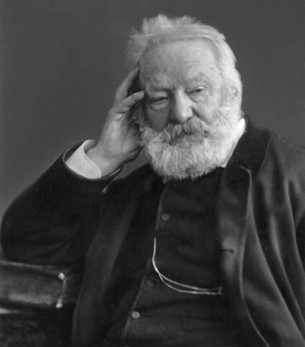 |
As we work out the intersection of our era's monetary orthodoxy, economic politics, and markets, an offering from my collection of 1930s magazines I picked up from Hugo's Used Books on Newbury Street in Boston in 1999, before the Internet put them out of business.
Ten years ago I promised readers I'd post a few pages of these documents here as they became relevant to the echo of that past that was destined to return.
Readers who remain hopeful that a drawn-out economic crisis will motivate the American people to action to end the financial oligarchy rule that led us down our road to ruin, who pray for a restoration of the U.S. to a vibrant multi-party democratic system, may want to skip over this post.
You have been warned.
2009
According to the New York Times, on Wednesday American financial oligarch Jamie Dimon, the head of J P Morgan Chase, held a meeting of his board in the nation’s capital for the first time. White House chief of staff, Rahm Emanuel, attended.
WASHINGTON — Mr. Emanuel’s appearance would underscore the pull of Mr. Dimon, who amid the disgrace of his industry has emerged as President Obama’s favorite banker, and in turn, the envy of his Wall Street rivals. It also reflects a good return on what Mr. Dimon has labeled his company’s “seventh line of business” — government relations.
The business of better influencing Washington, begun in late 2007, was jump-started just as the financial crisis hit and the capital displaced New York as the nation’s money center. Then Mr. Obama’s election brought to power Chicago Democrats well-known to Mr. Dimon from his recent years running a bank there.
“It’s a very nice thing for the board to have happen,” said the chief of a major financial company. “But you’d have to have a lot of influence to pull it off.”
The influence of America’s top financial firm, Goldman Sachs, widened its influence over the White House when on Friday the Times reported, “Goldman Executive Named as Obama Adviser.”The business of better influencing Washington, begun in late 2007, was jump-started just as the financial crisis hit and the capital displaced New York as the nation’s money center. Then Mr. Obama’s election brought to power Chicago Democrats well-known to Mr. Dimon from his recent years running a bank there.
“It’s a very nice thing for the board to have happen,” said the chief of a major financial company. “But you’d have to have a lot of influence to pull it off.”
President Obama said Friday he would nominate Robert Hormats, a vice chairman of Goldman Sachs International, to a top economic position at the State Department. Mr. Hormats, 66, will be under secretary of state for economic, energy and agricultural affairs. He was deputy trade representative from 1979 through 1981 and held other posts at the State Department throughout his career. Hillary Rodham Clinton, the secretary of state, said in a speech on Wednesday that she hoped to make economic policy and trade a larger part of United States diplomacy.
Banker’s board meetings in Washington with White House staff in attendance? Will our legislature dispense with the formality of drafting FIRE Economy friendly legislation and simply allow the banks’ law firms to draft legislation for them? How could this happen in the United States of America? Again?
1931
May 1931, in the second year of an economic depression that later devolved to become known as The Great Depression, Mauritz A. Hallgren published "Third Party Fantasy."
The article argues that neither the socialistic nor anti-statist independent parties of the day could effectively field a third party candidate in the 1932 presidential election, despite a glaring need for political change.
If a 25% unemployment rate doesn’t light a fire under behinds of a population struggling to survive in an economy brought to its knees by the excesses of an unregulated financial class, what will?
But it didn’t.
Change a few names and you will find the opening page of Hallgren’s article disagreeably familiar.
Keep in mind that in those days the term “Liberal” in the U.S. referred to proponents of minimal and non-invasive government, the platform currently occupied by Libertarians, while “Progressive” referred to a broad range of anti-establishment positions, including both Libertarian and the redistributionist and statist views promoted by Progressives today.

The author goes on to say that building a viable third party to restore democracy to America requires that Progressive intellectuals—Libertarians in modern parlance—roll up their pant legs, climb down from the Ivory Tower, and wade into the gutter of American politics.
What do you think?
What do you think?


Comment